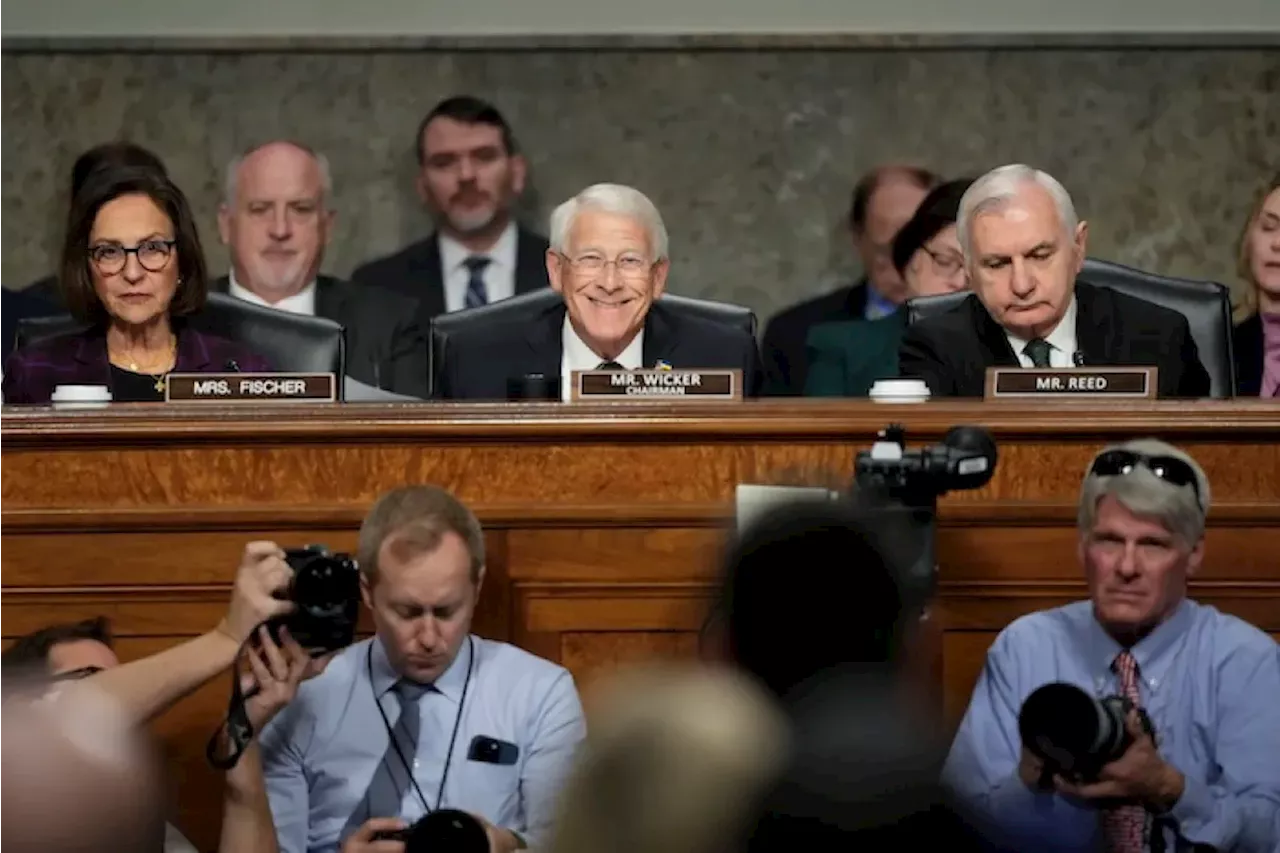UPDATE: The Pentagon is under intense bipartisan scrutiny for failing to engage Congress on critical policy decisions, with lawmakers expressing their frustration in a heated confirmation hearing. Alexander Velez-Green, nominated for the deputy undersecretary of defense for policy, revealed that the Pentagon has not consulted with Congress regarding the National Defense Strategy or the Global Force Posture Review.
During his confirmation hearing on October 18, 2023, Velez-Green candidly acknowledged, “I’m not aware that there has been formal consultations with Congress on the national defense strategy.” This admission comes as Sen. Roger Wicker, chairman of the Senate Armed Services Committee, criticized the Pentagon’s communication approach, stating, “That’s really not the way it’s supposed to work.”
Lawmakers from both parties are demanding accountability from the Pentagon, particularly targeting Elbridge Colby, the current undersecretary of war for policy. Wicker emphasized the necessity of coordination, citing concerns that the Pentagon’s policy office is operating independently of the administration’s objectives.
Senator Dan Sullivan described Colby as “the hardest guy to get a hold of” during the Trump administration and highlighted ongoing issues with the Pentagon’s alignment on key foreign policy decisions. Senators expressed alarm over recent actions, such as the withdrawal of troops during the Iran-Israel conflict in June and the cancellation of vital meetings with Japanese officials.
Velez-Green’s commitment to engage with Congress if confirmed was met with skepticism. Wicker responded, “It would require a change in a mindset,” reflecting the urgency lawmakers feel regarding the Pentagon’s current operational stance.
In a separate incident, confusion surrounding U.S. military aid to Ukraine has been attributed to mixed messages from Pentagon officials. Velez-Green and Austin Dahmer, another nominee, denied that the Pentagon had paused aid but were challenged by senators recalling contradictory remarks from Pentagon spokespeople earlier this year.
As the hearing concluded, the bipartisan criticism of the Pentagon’s lack of consultation with Congress is likely to escalate, prompting lawmakers to demand a shift in the department’s approach to policy making.
The implications of this situation are profound, with potential effects on U.S. military operations and international relations. Lawmakers are closely monitoring how these developments play out, signaling that the Pentagon’s communication strategies may need urgent reform to align with congressional expectations.
Stay tuned for updates as this story develops, and watch for reactions from both Congress and Pentagon officials in the coming days.







